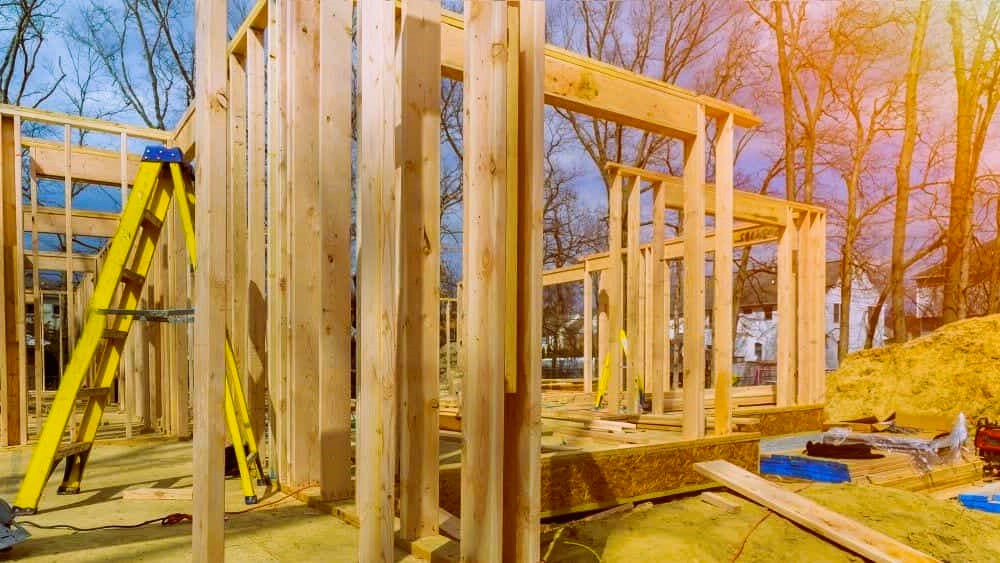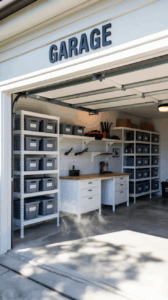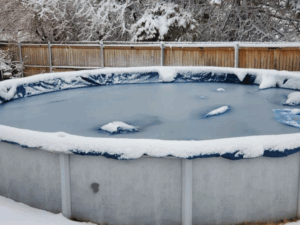When it comes to constructing or renovating buildings in Canada, it is essential to adhere to the country’s window regulations and building codes. These regulations and codes ensure the safety, functionality, and energy efficiency of windows in residential and commercial structures. In this article, we will provide an overview of window regulations and building codes in Canada, helping you navigate the requirements and make informed decisions regarding window installations and replacements.
- National Building Code of Canada (NBCC)
The National Building Code of Canada (NBCC) is a model code that sets the minimum requirements for the design, construction, and occupancy of buildings across the country. While the NBCC provides general guidelines, each province and territory in Canada has the authority to adopt and enforce its own building code based on the NBCC.
- Provincial and Territorial Building Codes

Provincial and territorial building codes in Canada outline specific requirements for various aspects of building construction, including windows. These codes often address factors such as window dimensions, fire resistance ratings, egress requirements, wind load resistance, energy efficiency standards, and safety glazing. It is crucial to consult the specific building code applicable in your province or territory to ensure compliance with the regulations.
- Window Dimensions and Placement
Building codes typically specify minimum requirements for window dimensions, particularly for rooms used for living, sleeping, and working. These requirements ensure adequate natural light, ventilation, and emergency egress. For example, bedrooms may require windows of a certain size and height from the floor to provide a safe means of escape in case of emergencies. Understanding the specific window dimension requirements in your area is essential when planning new constructions or renovations. Want to add windows to your basement? We have prepared tips for you in this article.
- Fire Resistance and Safety Glazing
Window regulations in Canada also address fire resistance and safety glazing. Certain areas of a building may require windows with fire-resistant properties to prevent the spread of fire and smoke. Safety glazing, such as tempered or laminated glass, may be mandatory in locations where there is a risk of human impact, such as doors and low-level windows. Compliance with fire resistance and safety glazing requirements ensures the protection and well-being of occupants.
- Energy Efficiency Standards
Energy efficiency is a key consideration in Canadian building codes, including those related to windows. Energy-efficient windows help reduce heat loss in winter and heat gain in summer, improving overall energy performance and reducing carbon emissions. Building codes often stipulate specific energy efficiency standards for windows, such as U-factor and Solar Heat Gain Coefficient (SHGC) ratings. Compliance with these standards promotes sustainable construction practices and contributes to a more energy-efficient built environment.
- Wind Load Resistance
Given the diverse weather conditions in Canada, building codes also address wind load resistance for windows. Wind load refers to the pressure exerted by wind on a building’s exterior, including its windows. Building codes specify the minimum wind load resistance that windows must meet to ensure structural integrity and prevent water infiltration. Understanding the wind load requirements in your region is crucial to selecting windows that can withstand the local climate.

- Compliance and Permitting
Compliance with window regulations and building codes in Canada is essential to ensure the safety and legality of your construction or renovation project. Working with a qualified architect, contractor, or window specialist is crucial to ensure compliance with the applicable codes. These professionals have the expertise to assess your project, determine the appropriate window specifications, and guide you through the permitting process.
Conclusion
Understanding window regulations and building codes in Canada is vital when constructing or renovating a building. Compliance with these regulations ensures the safety, functionality, and energy efficiency of windows, promoting a sustainable and secure built environment. Consult with local authorities, architects, contractors, or window specialists to ensure that your window installations or replacements align with the specific requirements in your province or territory. By adhering to the regulations and codes, you can create spaces that are safe, comfortable, and compliant with the highest standards in Canadian construction.



